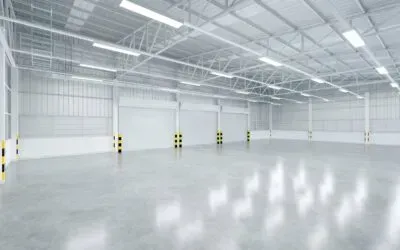A master-planned community is a large-scale residential neighborhood with a large number of recreational and commercial amenities, such as golf courses, tennis courts, lakes, parks, playgrounds, swimming pools, and even stores and restaurants. Some master-planned communities may have schools, office parks, large shopping centers and other businesses.
Why Invest in a Master-Planned Community?
A master-planned community is a unique type of real estate business model with some pretty appealing advantages for long-term investors.
In a nutshell, MPCs are designed to create a cycle of value creation. And while there is certainly some variation among communities, the general idea looks something like this:
- The MPC’s developer acquires thousands of acres of empty, but usable, land.
- The developer initially sells a small portion of the land to homebuilders, who create residential neighborhoods.
- These neighborhoods create demand for commercial properties. For example, a convenience store or car wash could do quite well if it’s the only business of its kind that is close to a new neighborhood. So, the developer either builds these properties itself or sells land to commercial developers.
- The existence of these amenities makes the remaining land more valuable, so the MPC developer sells some more of the land to homebuilders at the now-higher valuation.
- This cycle repeats, and as the population grows, so does demand for increasingly valuable amenities. Some larger MPCs have office towers, sports arenas, and large shopping districts. It can take several decades for an MPC to be fully built out.
Here’s the key point. With full control of the land in essentially a small city, the MPC developer has better control of supply and demand in the area, which is a key advantage when trying to unlock the value of buildable land. In other words, when a homebuilder decides to develop a new neighborhood in an area, they don’t have any control over the development of commercial properties or other competing neighborhoods in the vicinity. An MPC developer does and can use this control to produce excellent returns over time.
Have questions about commercial real estate or property investments? Contact MHW Commercial Real Estate today at 281-651-4898.




